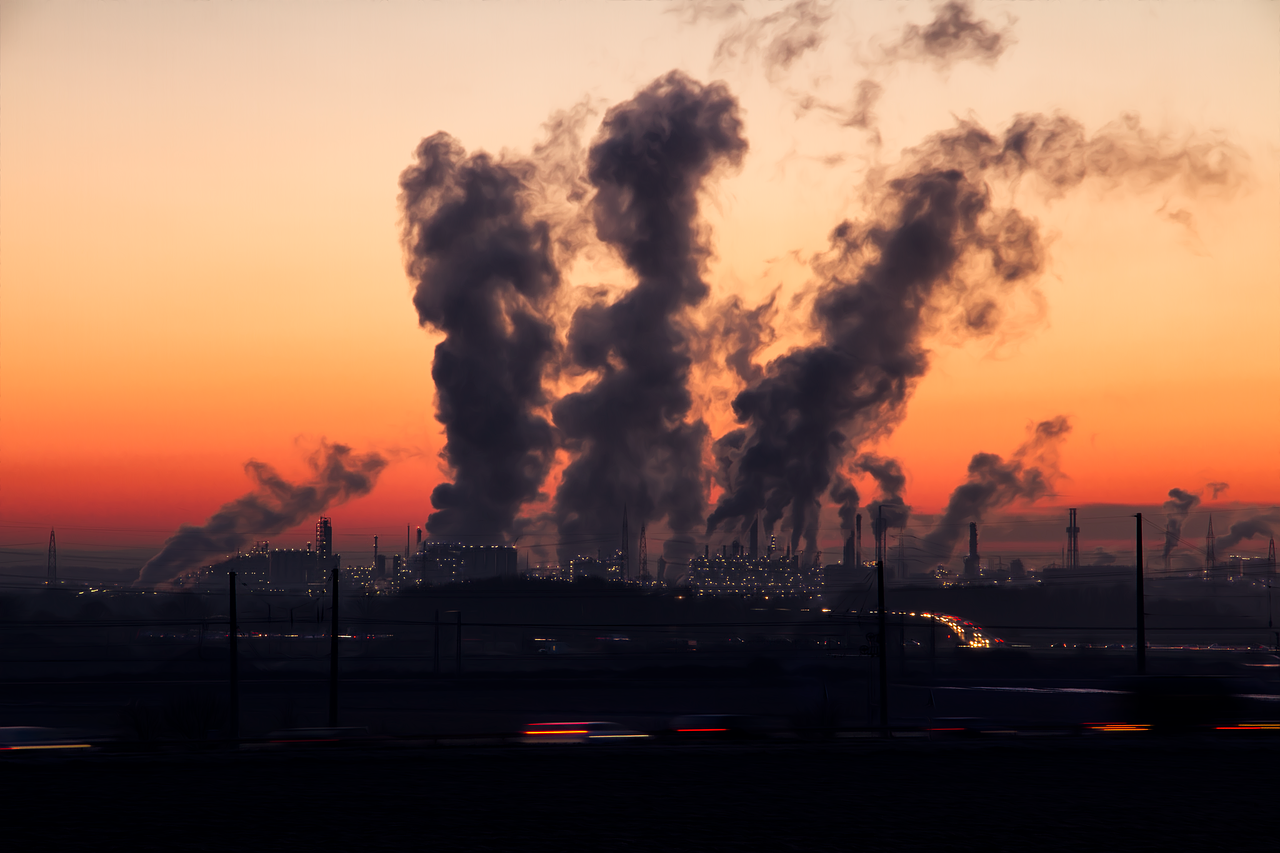The Central Board having the power to acquire, hold and dispose of the corporate body, is considered a corporate body. Section 3(3) of the Water (Prevention and Control of Pollution) Act, 1974 can also enter into a contract with an individual or a party. They can sue or be prosecuted in the name of the Central Board. For the prevention and control of pollution, the Water Act, provided for the formation of Central and State Boards and dealt with the functions of the Pollution Control Board. The Central Board is constituted by the Central Government, and the State Board is constituted by the State Government. In this article, we will discuss the role of the Pollution Control Board.
Necessity for a Pollution Control Board
Pollution needs to be stopped, and its prevention will reduce financial and environmental costs. Preventing pollution protects the environment and also natural resources while strengthening economic development. Thus, the primary reason for the introduction of a pollution control board is to prevent pollution and save the environment.
Role of Central Pollution Control Board
The Central Board is a body corporate with authority to acquire, hold and dispose of. They can enter into a contract and sue or be sued in the name of the Central Board. For the prevention and control of pollution, as per Section 16 of the Water Act 1974, the Central Pollution Control Board has the following role:
- Advise Central Government
The Central Pollution Control Board, also known as the Central Board, is one of the roles required to advise the Central Government for the prevention and control of water pollution.
- Coordinating with the Same Board
The Central Board has to coordinate the activities of the State Boards to resolve disputes between both State and Central.
- Technical Assistance & Guidance to the State Board
The Central Board should provide technical assistance, assistance and guidance to the State Boards, conduct investigations and research related to the issue of water pollution, its prevention, control etc.
- Function as State Board
The Central Board may perform such role of the State Board, and each State Board shall be bound by such directions.
- Training Programs
The Central Board should organize and plan training programs for those engaged in or involved in programs for the prevention, control or abatement of water pollution.
- Organize Comprehensive Programs
The Central Board should conduct programs through mass media regarding the prevention and control of water pollution.
- Publication of Technical and Statistical Data
The Central Board has to collect, compile and publish technical and statistical data related to water pollution. In addition, prepare manuals, codes or guides related to the treatment and disposal of sewage and disseminate information related to it.
- Set the Standard for the Stream / Well
Another role of the Pollution Control Board (Central) is to set, modify or cancel standards for a stream / well.
- Program Execution at National Level
The Central Board should plan and implement a program for the prevention, control or reduction of water pollution.
Role of State Pollution Control Board
Like the Central Pollution Control Board, the State Pollution Control Board also plays an important role. Its functions are as follows:
- Planning Comprehensive Programs
The State Pollution Control Board also known as the State Board should plan a comprehensive program to prevent, control and reduce pollution of rivers and wells in the state.
- Advisory Role
The State Board advises the State Government on matters related to the prevention, control or reduction of water pollution.
- Broadcast Information
The state board has to collect and disseminate information related to water pollution and its prevention, control or reduction.
- Investigation & Discovery
The State Board is to conduct, encourage and participate in investigations and investigations and research related to the prevention, control or abatement of water pollution.
- Conduct Training Program
The State Board should cooperate with the Central Board and organize training of persons engaged in programs related to water pollution prevention, control or abatement and also organize mass education programs.
- Sewage Inspection & Trade Waste Plant
The State Board is required to inspect sewage or business waste works and plants for the treatment of sewage. They should review the purification work, plans, specifications or other data related to the plants set up for the treatment of water.
- Standard for Water Discharge
The state board should set, modify, or revoke waste standards for sewage and business waste, and to classify state water.
- Economic Methods of Treatment of Sewage
The State Board should develop economical and reliable methods for sewage treatment and trade waste in relation to the peculiar conditions of climate, soil etc. in different regions.
- Ways to Use Sewage
The State Board should develop ways to use sewage in agriculture and appropriate commercial effluents.
- Sewage Disposal Methods
Another role of the Pollution Control Board (State) is to develop methods of sewage disposal and trade waste on land.
- Standard for Sewage Treatment
The state Board should set standards for the treatment of sewage and business waste to be left to the special stream.
Conclusion
The role of the Pollution Control Board is important for the betterment of the environment. The Central as well as the State Board should work together to protect the environment and take steps to prevent, control or reduce pollution.

